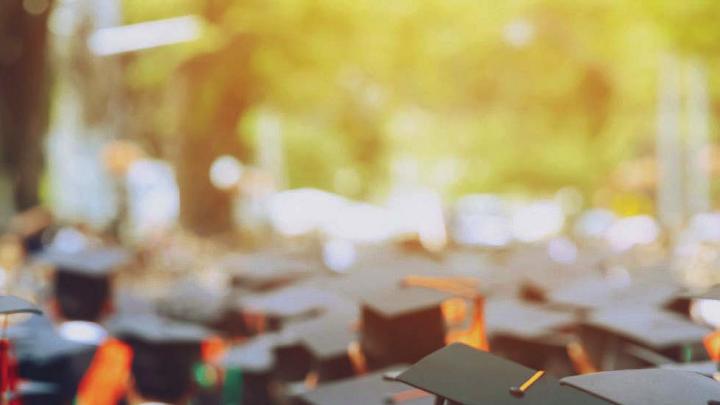Universities have plenty of challenges this fall: accommodating some students safely, protecting faculty and staff members, and finding ways to stanch the red ink. In his new book, Higher Expectations: Can Colleges Teach Students What They Need to Know in the 21st Century? (Princeton, $29.95), Derek Bok, a prodigiously productive writer after his first and second Harvard presidencies, recalls readers’ attention to the task of educating undergraduates effectively. Despite some indifference and even resistance, he writes, U.S. faculties and their institutions have enhanced their curriculums and improved their pedagogy somewhat. Now, in a globalized world requiring new skills, the ability to work with diverse people, more civic responsibility, and (not least) grounded graduates, Bok draws on seven decades of experience to reach a guardedly optimistic conclusion, based on past efforts to do better—and the opportunity to do more. From chapter 9, “Prospects for Change”:
Imagine an America in which much larger numbers of college graduates could analyze problems successfully; adapt readily to changing conditions and new challenges; collaborate effectively with others in producing creative solutions to novel problems; meet their commitments conscientiously; and interact easily and harmoniously with others from different races, socioeconomic backgrounds, and cultures. Suppose further that larger percentages of college graduates voted regularly in elections…and welcomed opportunities to join with others to address needs and solve problems…through public service, political activity, or membership in nonprofit citizen organizations. Imagine, lastly, that many more graduates left college with stronger ethical principles, greater empathy for the problems of others, and a clearer sense of the purpose and values to guide their lives.
Although this vision is optimistic, it is not mere fantasy. All of the behaviors just listed involved habits, skills, and qualities of mind that might be improved through effort guided by capable instruction. Neuroscientists and psychologists have even found that some of these qualities develop most during the years of early adulthood, when the majority of undergraduates go to college.…
The most rigorous efforts to measure the average gains by college seniors over their four years as undergraduates have found that proficiency in critical thinking increases substantially. Most seniors also appear to graduate with considerably more competence than they had as freshmen in writing, moral reasoning, problem-solving, subject matter knowledge, reflective judgment, and, at least for many students, quantitative skills. Once out of college, they vote in far greater numbers and are much more active in their communities than adults of the same age with only a high school education. A majority of college seniors believe that they have acquired a greater capacity to get along with others and to interact successfully with different kinds of people. They also claim to have a clearer sense of the purpose and direction of their lives than they possessed when they entered as freshmen.








